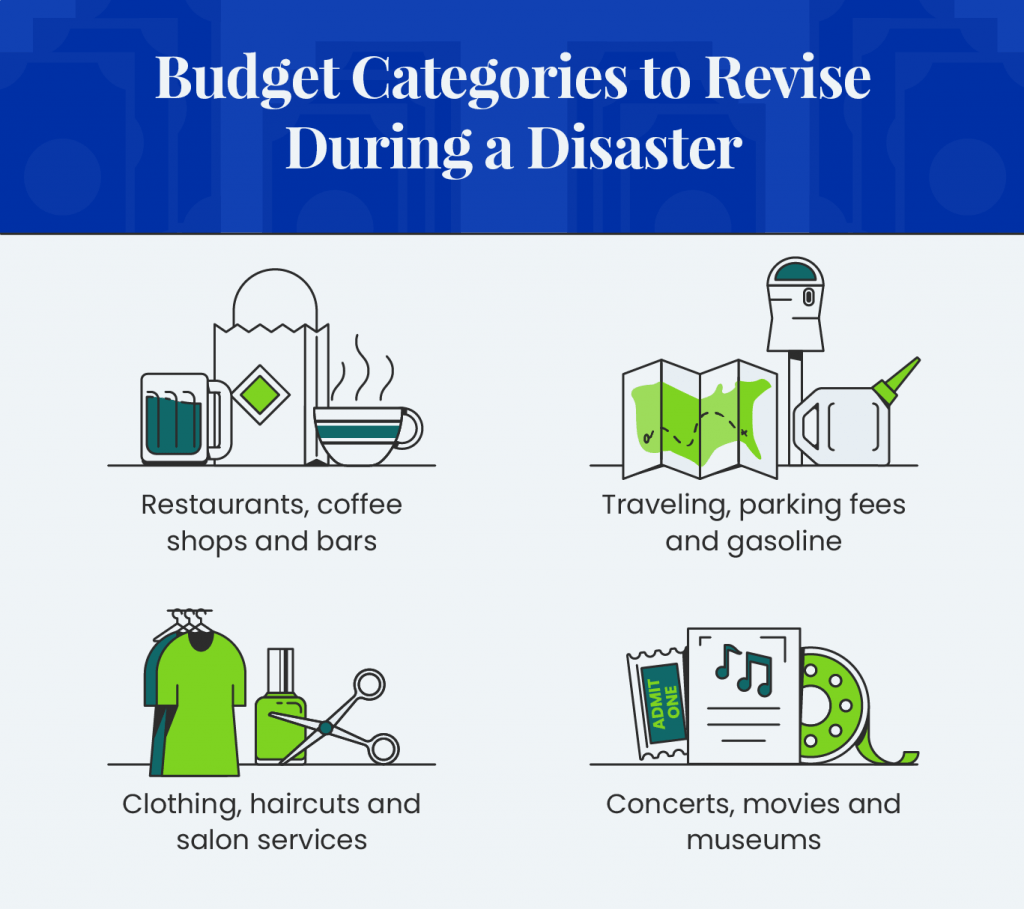Financial Preparedness for Natural Disasters: An Urban Guide
Natural disasters can have a significant financial impact, especially in urban areas where costs are generally higher. Here is a comprehensive guide to help you protect yourself financially before, during, and after a natural disaster.
Pre-Disaster Preparation
1. Insurance Coverage
- Homeowners/Renters Insurance: Ensure your policy covers natural disasters common in your area, such as earthquakes or floods. Consider additional riders if necessary.
- Flood Insurance: Standard homeowners insurance typically does not cover flood damage. Check the National Flood Insurance Program (NFIP) for coverage options.
- Life Insurance: Evaluate your life insurance needs to ensure your family is financially protected in case of unforeseen events.
2. Emergency Savings
- Aim to save three to six months’ worth of living expenses in a dedicated emergency fund.
- Keep a small amount of cash at home in a secure location for immediate needs if ATMs and banks are inaccessible.
3. Direct Deposit and Online Banking
- Use direct deposit for all income sources to maintain cash flow during disruptions.
- Familiarize yourself with online and mobile banking apps to manage your finances from anywhere.
4. Financial Documentation
- Digitize important documents, including insurance policies, tax returns, property deeds, and identification.
- Store copies in a waterproof and fireproof safe or use secure cloud storage services for easy access.
During and After a Disaster
1. Contact Financial Institutions
- Notify your bank, credit card companies, and utility providers about your situation to discuss payment deferrals or extensions.
- Inquire about any disaster relief programs they may offer.
2. Track Expenses
- Maintain detailed records of all disaster-related expenses, including repairs, temporary housing, and medical costs.
- These records can be crucial for insurance claims or when applying for assistance programs.
3. Apply for Assistance
- Explore federal aid options such as FEMA’s Individual Assistance program or SBA Disaster Loans for home and business recovery.
- Check local government and nonprofit organizations for additional support services.
4. Avoid Scams
- Be cautious of fraudulent schemes targeting disaster victims. Verify the identity of contractors and relief organizations before engaging with them.
- Report suspicious activities to local authorities or consumer protection agencies.
Additional Tips
- Create a disaster preparedness plan that includes financial considerations alongside physical safety measures.
- Regularly review and update your financial preparedness strategies as your circumstances or risks change.
By taking these proactive steps, you can better protect yourself financially from the impacts of natural disasters and ensure a smoother recovery process.
My Review
Reviews
Discover more from CHANNELS
Subscribe to get the latest posts sent to your email.
















